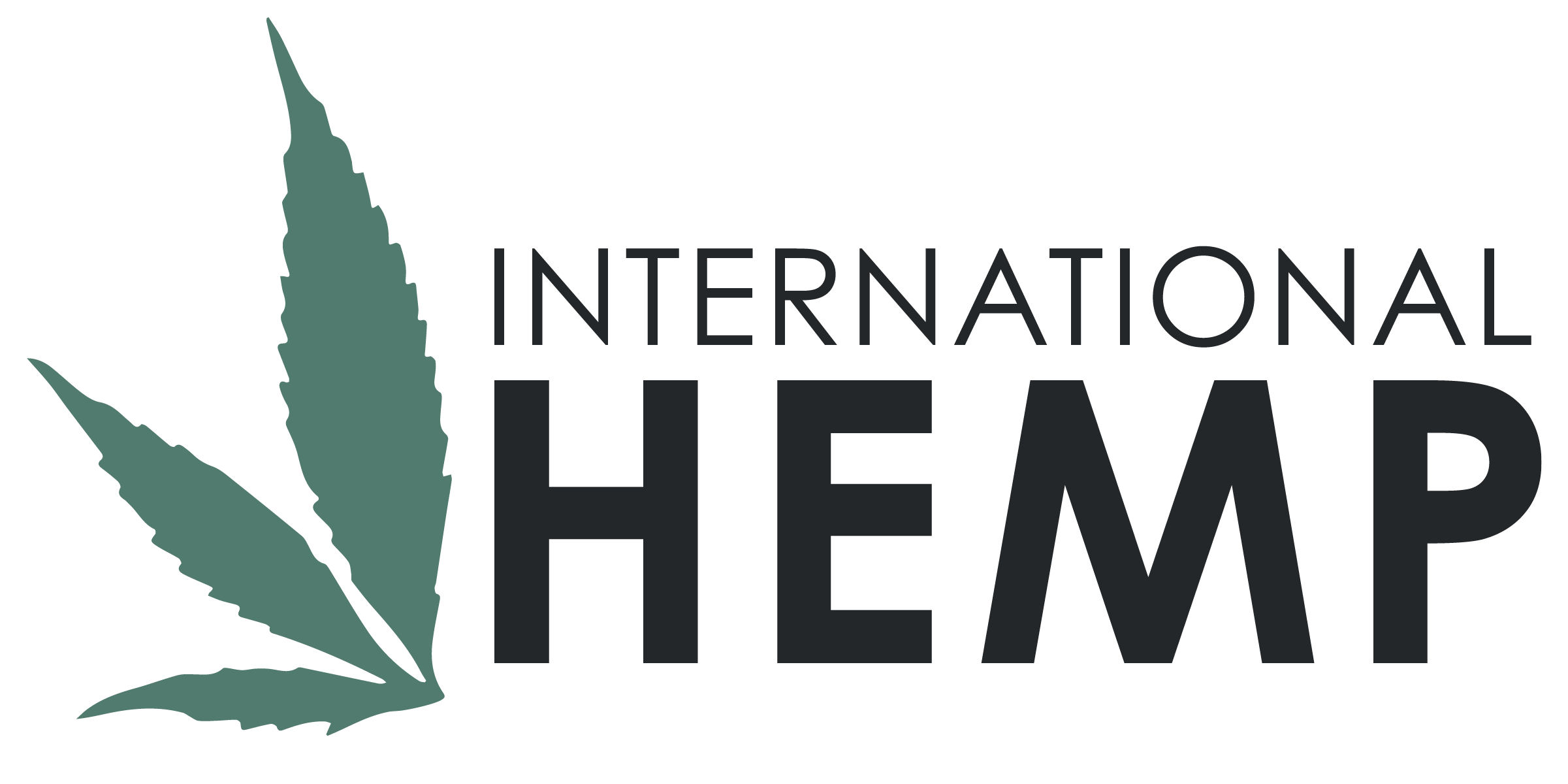The Classes of AOSCA Certified Hemp Seed
When it comes to certified seed, it’s important to understand the role of the Association of Official Seed Certifying Agencies (AOSCA), the programs it oversees, and the seed classifications it accords. Seed companies use these certifications to market genetically pure seed classes in the United States.
Vested AOSCA members conduct unbiased field inspections and laboratory testing to ensure the preserving genetic purity and varietal identity. The data that is generated is kept in a record system that can be accessed by state, federal and international seed officials to be referenced as needed.
When seed gets through the process of certification, it qualifies for an official “blue” certified seed tag. There are different colors for varying degrees of quality of a certified lot. Lot quality is measured by a number of factors, including germination rate, emergence, and appropriate plant population ratios.
These tags are recognized by state, federal and international seed law requirements and provide buyers with assurance that the seed has met purity standards across seed lots and years of production.
AOSCA seed certification programs and services are available for field crops, turf grasses, vegetables, fruits, vegetatively propagated species, woody plants, forbs, and most recently, industrial hemp.
Certified seed requires special land, field inspections, proper seed labeling, and meeting standards tested through lab analysis.
These are AOSCA’s four recognized seed certification classes:
Breeder Seed: Seed controlled by the originating or
sponsoring plant breeding organization.Foundation Seed: The progeny of Breeder or Foundation
seed handled to maintain specific genetic purity and varietal identity.Registered Seed: The progeny of Breeder or Foundation
seed handled to maintain satisfactory genetic purity and varietal
Identity.Certified Seed: the progeny of Breeder, Foundation or
Registered seed handled to maintain satisfactory genetic
purity and varietal identity.
After the passage of the 2014 Farm Bill, industrial hemp varieties began to be imported into the United States. Until 2014, industrial hemp had not been cultivated in America for decades. International Hemp was one of the first U.S. companies to work alongside state and federal agencies for what was, at the time, the largest import of an OECD Seed Scheme recognized hemp variety from Europe. Today, International Hemp continues to foster a partnership with the Institute of Natural Fibers and Medicinal Plants in Poznan, Poland and is the exclusive North American licensor and supplier of two Polish-bred varieties, Bialobrzeskie and Henola.
International Hemp works with vested-AOSCA members to produce AOSCA certified seed. All of our seed is accompanied by a tag identifying it as seed from a certified lot. The due diligence of seed certification is ultimately to provide growers with the same confidence and standardization of other staple agricultural commodities and is pivotal to the success of this nascent industry.
Here are a few helpful resources for more information on Seed Certification:
https://www.seedtest.org/upload/cms/user/2Zecchinelli.pdf
https://www.nrcs.usda.gov/Internet/FSE_PLANTMATERIALS/publications/ndpmctn12317.pdf
https://www.aosca.org/programs-and-services/seed-certification/
https://www.nrcs.usda.gov/Internet/FSE_PLANTMATERIALS/publications/lapmctn9030.pdf
